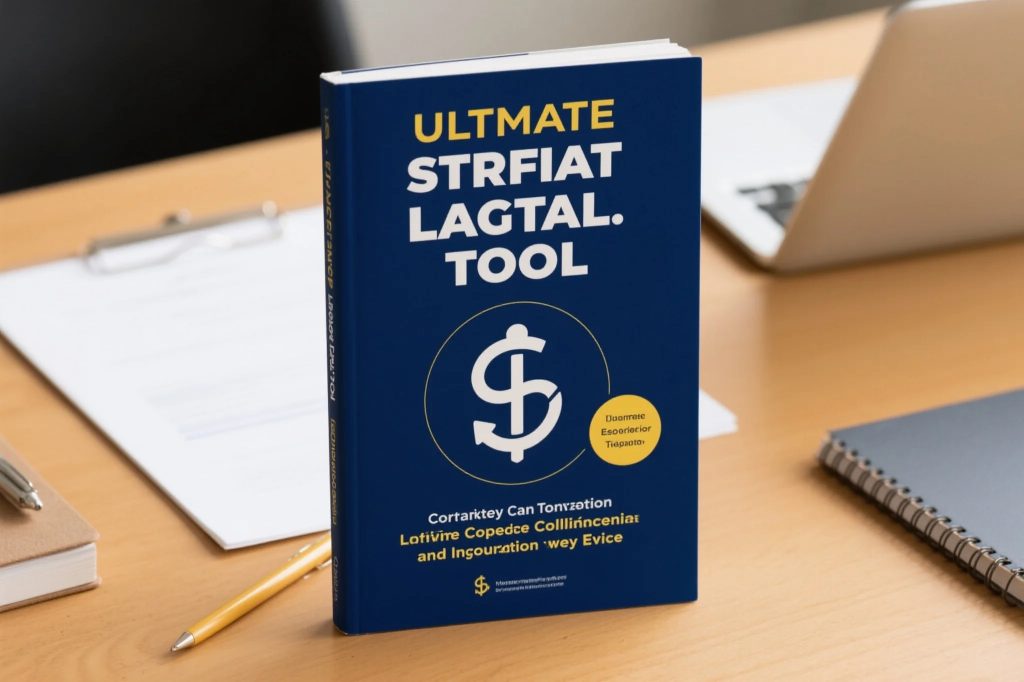Essential Legal Documents Every Startup Needs
Building a comprehensive startup legal toolkit begins with understanding which contracts and agreements form your business’s protective foundation. Many entrepreneurs make the costly mistake of using generic templates found online, not realizing these often fail to address industry-specific risks or state-specific requirements. At minimum, your toolkit should include customized founder agreements that clearly define equity splits, vesting schedules, and decision-making authority. Intellectual property assignments are equally crucial – these ensure any work created for your startup actually belongs to the company rather than individual contributors. Even seemingly simple documents like nondisclosure agreements (NDAs) need careful crafting to provide meaningful protection without scaring off potential partners.
What separates adequate protection from comprehensive legal advice for new business is anticipation of future scenarios. Employment agreements should address remote work policies and intellectual property creation in our distributed workforce era. Vendor contracts need clear limitation of liability clauses tailored to your risk profile. Customer agreements must balance enforceability with user experience, especially for SaaS or marketplace models. The most valuable legal toolkits evolve alongside your business, with version control systems ensuring you always use current documents that reflect both your growth stage and the latest regulatory requirements.
Choosing the Right Business Structure with Professional Guidance
Selecting an appropriate legal entity requires more than just comparing LLCs and corporations – it demands strategic business incorporation attorney counsel aligned with your specific goals. Many founders default to Delaware C-corps because “that’s what startups do,” without considering whether this structure suits their actual funding plans or tax situation. Solo entrepreneurs might benefit from LLC flexibility early on, while businesses planning to seek venture capital typically need Delaware C-corps with clean capitalization tables. The choice between S-corp and C-corp taxation carries significant implications for future fundraising and employee equity plans that generic online services often overlook.
Quality business formation services go beyond basic paperwork to provide ongoing structural advice. They’ll help you evaluate factors like personal liability exposure, administrative complexity, and state-specific franchise taxes. Some specialize in particular industries – tech startups might need different considerations than restaurants or consulting firms. The most valuable incorporation guidance explains how each structural element impacts your specific business model, growth trajectory, and risk profile. This might include advice on creating investor-friendly equity structures or setting up subsidiary entities for different product lines.
Compliance Checklists for Stress-Free Operations
A thorough startup legal checklist serves as your roadmap through the maze of federal, state, and local requirements. Many founders focus solely on initial incorporation documents while neglecting ongoing compliance obligations like annual reports, business licenses, or industry-specific permits. Your checklist should be phase-gated – identifying what needs attention at formation, before hiring employees, when raising capital, and as you expand to new markets. Particularly valuable are checklists that account for your specific location, as requirements vary dramatically between states and even municipalities.
The most effective startup legal toolkit includes dynamic compliance trackers rather than static lists. These might integrate with your calendar to flag upcoming filing deadlines or alert you when employee count triggers new requirements. Some sophisticated systems now sync with state databases to automatically update as regulations change. For tech companies, specialized checklists might include data privacy impact assessments or open source compliance reviews that traditional business services overlook. The best tools balance thoroughness with prioritization – helping time-strapped founders focus on high-risk compliance areas first.
Intellectual Property Protection Strategies
Safeguarding your startup’s intangible assets requires more than just filing trademarks – it demands a holistic legal advice for new business approach to IP strategy. Many founders focus solely on patents while neglecting copyrights for their codebase, trade secrets for proprietary processes, or design patents for unique product configurations. The most damaging IP mistakes often involve ownership ambiguities – failing to properly assign rights from contractors or not securing global protections before international expansion. Even your brand protection strategy needs nuance, as trademark classes and geographic coverage should align with actual business plans rather than just checking boxes.
Comprehensive business incorporation attorney services for IP go beyond filings to create defensive systems. This might include implementing documentation practices for trade secrets, establishing open source usage policies, or creating employee education programs about IP protection. For software companies, clear contributor license agreements prevent ownership disputes with external developers. The most valuable IP strategies evolve alongside your business – early-stage provisional patents giving way to utility filings, domestic trademarks expanding internationally, and defensive publications replacing some patent applications as your portfolio grows.

Fundraising and Investor Relations Documentation
Preparing for investment rounds requires specialized additions to your startup legal toolkit that many founders don’t anticipate. Simple oversights like messy capitalization tables, missing IP assignments, or poorly documented convertible notes can derail due diligence. Your toolkit should include clean template documents for SAFE notes, convertible debt, and priced equity rounds – with explanations of when each instrument is appropriate. Investor rights agreements, voting agreements, and ROFR/co-sale provisions need careful customization based on your investor mix and growth plans.
Sophisticated business formation services for fundraising go beyond document templates to provide strategic guidance. They’ll help you understand how different term sheet provisions impact founder control and economic outcomes. Some offer pre-vetted cap table structures that appeal to institutional investors while maintaining future flexibility. The most valuable fundraising toolkits include due diligence preparation checklists and data room templates that help you organize materials investors will request. Perhaps most importantly, they provide plain-English explanations of complex terms like liquidation preferences, anti-dilution protections, and drag-along rights that can significantly impact your future outcomes.
Employment and Contractor Management Systems
Hiring your first team members transforms your startup legal checklist from basic formation to complex employment compliance. Misclassifying employees as independent contractors represents one of the most common and costly mistakes early-stage companies make. Your toolkit needs proper offer letters, employment agreements, and contractor statements of work that clearly define relationships while protecting your intellectual property. As you grow, employee handbooks should document policies on everything from remote work to equity grants in language that balances legal protection with company culture.
The best legal advice for new business for workforce management anticipates scaling challenges. Founders agreements should address what happens if a co-founder underperforms. Equity grant templates need flexibility for future financing rounds. Even simple nondisclosure agreements require updates as your product and confidential information evolve. Modern toolkits now include digital signature systems, document tracking, and cloud storage solutions that keep sensitive HR materials secure yet accessible when needed for audits or disputes.
Ongoing Legal Health Monitoring
Your startup legal toolkit isn’t complete without systems for regular compliance checkups and risk assessments. Many founders treat legal as a one-time setup cost rather than an ongoing operational requirement, leaving them vulnerable as laws change and their business evolves. The most sophisticated approaches implement quarterly legal reviews that examine contract templates, corporate governance, and regulatory compliance. Some use AI-powered monitoring services that flag relevant law changes based on your industry and operations.
Comprehensive business incorporation attorney services now offer subscription models providing continuous updates rather than just initial setup. These might include annual board meeting packages, ongoing securities law compliance for employee equity plans, or regular trademark portfolio reviews. Particularly valuable are services that combine document automation with attorney oversight – giving startups efficiency of scale while maintaining necessary legal scrutiny. The ultimate toolkit grows with your business, ensuring protections remain aligned with your risk profile as you expand to new markets, add products, or pursue different funding strategies.





